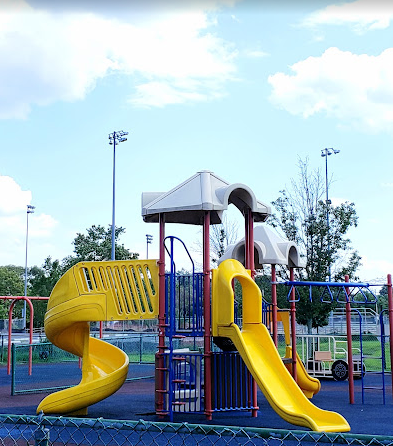Mill River Complex: A Destination Worth Exploring

Nestled in the heart of Rockville Centre, Mill River Complex is a sprawling parkland that spans 32 acres. Here, visitors can enjoy a variety of outdoor activities, from picnicking and hiking to playing sports and birdwatching. The complex is home to three ponds, a babbling brook, and a dense forest filled with native plants and wildlife. Mill River Complex is an idyllic oasis in the middle of bustling Long Island, making it a perfect destination for nature lovers and families looking for a peaceful escape.
The Mill River Complex is easily accessible and located just off State Route 25A. With ample parking and restrooms, visitors can easily spend an entire day exploring all of the sights and sounds this destination has to offer. One popular activity among visitors is boating, and fortunately, the complex offers a boat ramp where guests can launch their boats into the river. Whether you’re a seasoned boater or a beginner, the Mill River is an ideal place to boat as it offers calm waters and beautiful scenery.
For those that prefer to stay on land, the Mill River Complex offers miles of hiking trails for visitors to explore. These trails wind through wooded areas and lead to scenic overlooks where one can take in the beauty of the river and surrounding landscape. The trails are well-maintained and offer varying levels of difficulty, so visitors of all ages and experience levels can enjoy them.
Fishing is another popular activity at the Mill River Complex, and visitors can try their luck catching a variety of fish species, including Bluegill, Carp, and Largemouth Bass. The river is easily accessible, and visitors can fish from the shore or rent a boat from a nearby vendor to fish from the water. Fishing licenses are required, and visitors are encouraged to check state regulations and guidelines before casting their lines.
Perhaps one of the most enjoyable activities at Mill River Complex is picnicking. With plenty of picnic tables and open spaces to spread out, visitors can pack a meal and enjoy the fresh air and beautiful scenery. The complex features a large picnic pavilion that is available for rental on a reservation basis, making it an ideal spot for family reunions, birthday parties, and other special events.
In addition to these activities, the Mill River Complex has several amenities that help make it an ideal spot for a day out in nature. Visitors can take advantage of the complex’s public restrooms, playground, and tennis courts. There is also a small shop where visitors can purchase snacks and refreshments, along with souvenirs to remember their time at the complex.
Mill River Complex is an ideal spot for families, groups, and individuals looking to get outdoors and enjoy nature. The area is well-maintained, accessible, and offers activities that appeal to a wide range of interests and skill levels. Best of all, it’s located in a quiet and peaceful setting, making it the perfect escape from the hustle and bustle of city life.
Whether you’re looking to relax by the river, enjoy a hiking excursion, or simply spend time outdoors with family and friends, the Mill River Complex is a destination worth checking out. With a variety of activities to choose from, it’s easy to spend an entire day exploring the area, taking in the natural beauty, and making memories that will last a lifetime.
